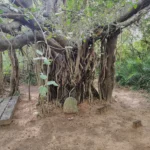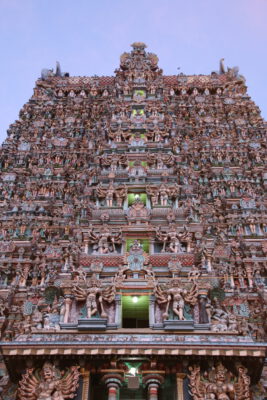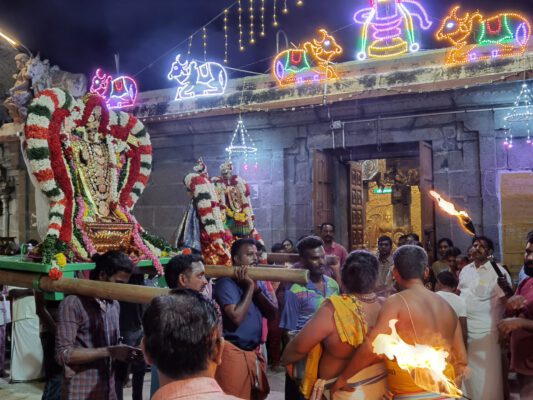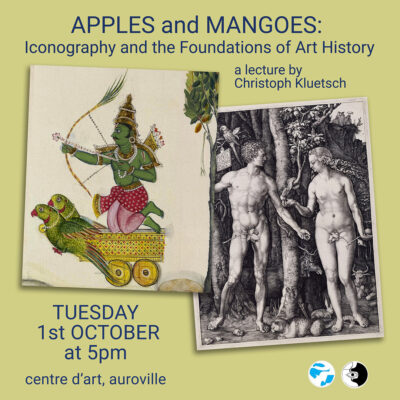Wf everything began with the Big Bang, why is the world so complex, why mathematics, physics, biology, philosophy? Why does the universe contain all these laws, ideas, forces, movements? Why not just bloop, a beep, a gray goo? How many universes were there before this one came into being? How many will there be in which the universe will become conscious at higher levels?
Isn't it a strange idea that out of nothing, through an infinite force, a universe emerges that is so complex, so beautiful, so full of conscious beings? And that these beings have an incredible range of emotions, experiences and ideas, which they write down and keep in their memories. All this just to convince ourselves that all this only exists because matter is accompanied by an illusion of consciousness that we are trying with all our might to rationalize away?
And when we realize that this is quite unlikely and remember ancient scriptures... How can it be that the monotheistic religions speak of us - humans - being the image of the Creator? Why are these ideas so small, so limited? Is it really inconceivable that we are not the crown of creation? Is it not rather quite probable and certain that this is not the case? When I look out of the window into the world, it is quite clear that our actions are truly not perfect.
Isha Upanishad
The Isha Upanishad begins with:
īśā́ vāsyàm idám̐ sárvaṁ yát kíṁ ca jágatyāṁ jágat |
téna tyakténa bhuñjīthā mā́ gr̥ dhaḥ kásya svid dhánam |1|
1. all this is for habitation by the Lord, whatsoever is individual universe of movement in the universal motion. By that renounced thou shouldst enjoy; lust not after any man's possession.
The Isha Upanishad bears witness to a certainty that has been perceived by the seers and handed down for thousands of years. The Upanishads remind us of an origin of knowledge that we have buried under all our culture. That which natural science cannot conceive, the moment before the Big Bang, the first cause of a causal world view, is Brahman, pure existence. But in order to become aware of itself, Brahman must unfold in an existence in space and time and consciousness. Isha enters into existence. 'All this is for habitation by the Lord'. And we should not think that the universe is there for us. 'By that renounced thou shouldst enjoy'. We are merely part of it.
I love the Upanishads because they are so undogmatic. They 'merely' address the really important questions of our existence and warn us again and again not to think that we have now understood them. Each verse allows for almost infinite interpretation if you penetrate them from the experience of your own consciousness. They are a path of knowledge, not a teaching.
andháṁ támaḥ prá viśanti yé ávidyām upā́sate |
táto bhū́ya iva té támo yá u vidyā́yām̐ ratā́ḥ |9|
9. into a blind darkness they enter who follow after the Ignorance, they as if into a greater darkness who devote themselves to the Knowledge alone.
Ignorance is relatively easy to overcome, but how do we get out of the trap of thinking we know everything?
ॐ
Thanks to Nishtha for the document with the transliteration of the Upanishad






